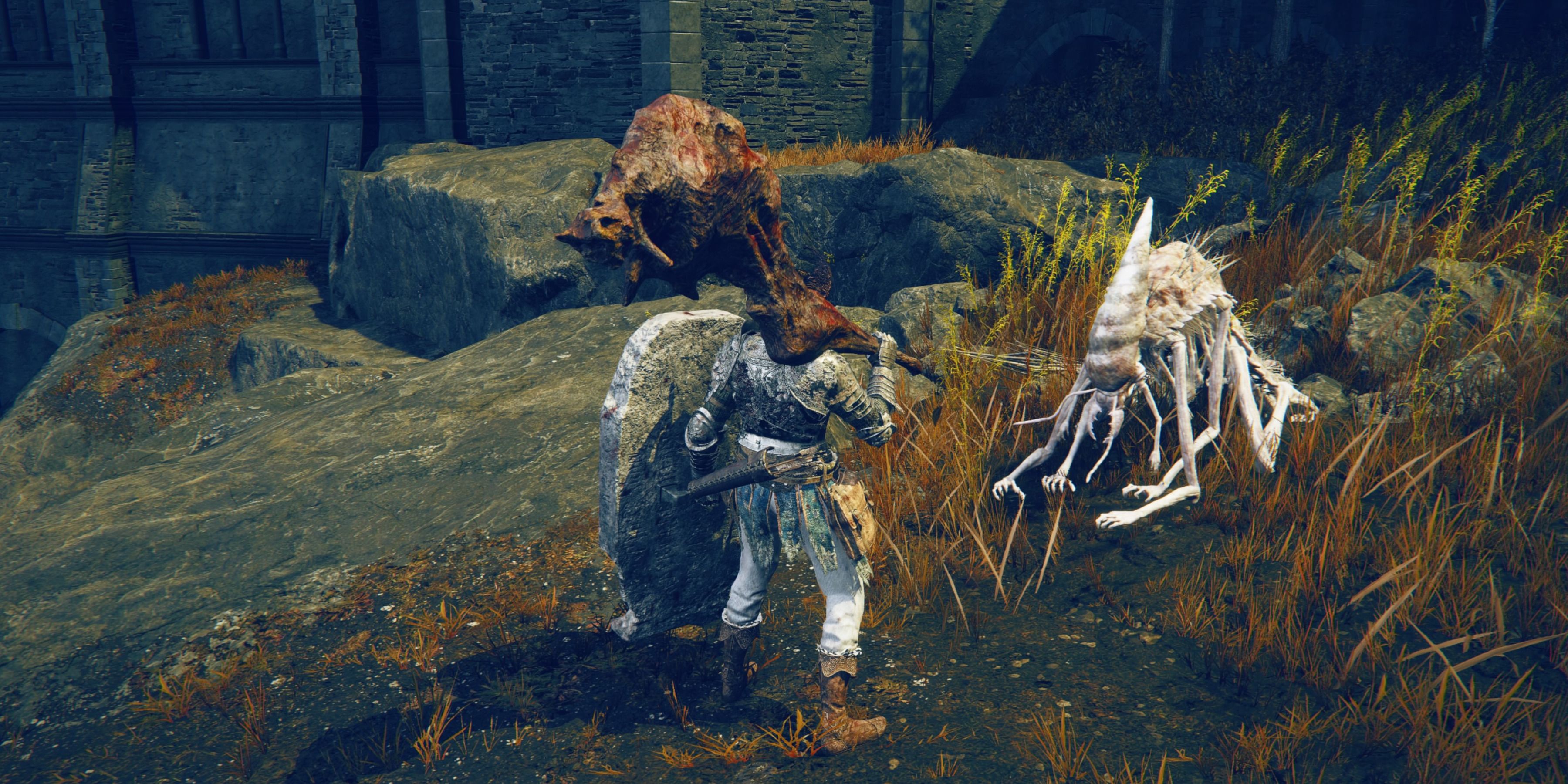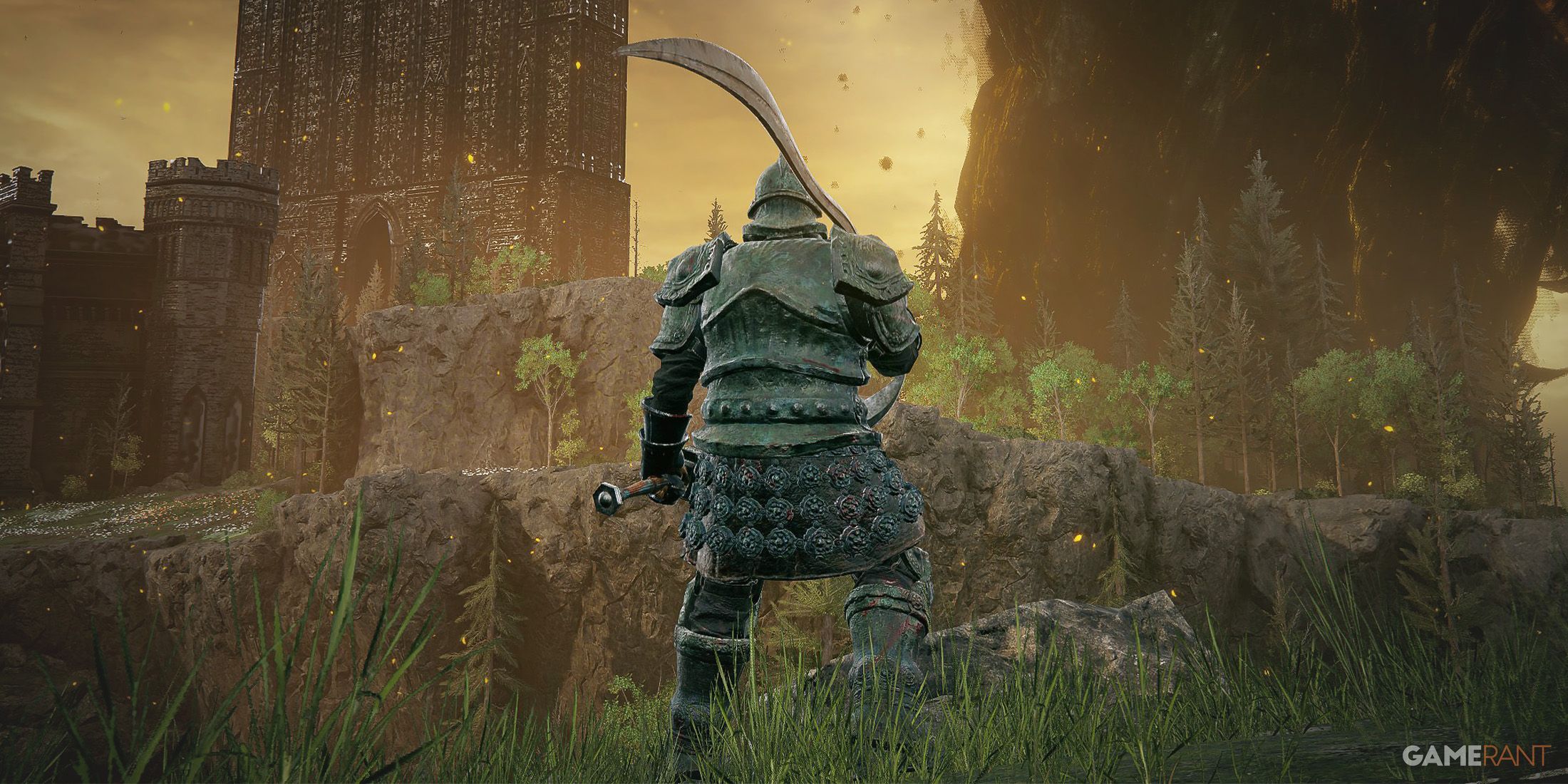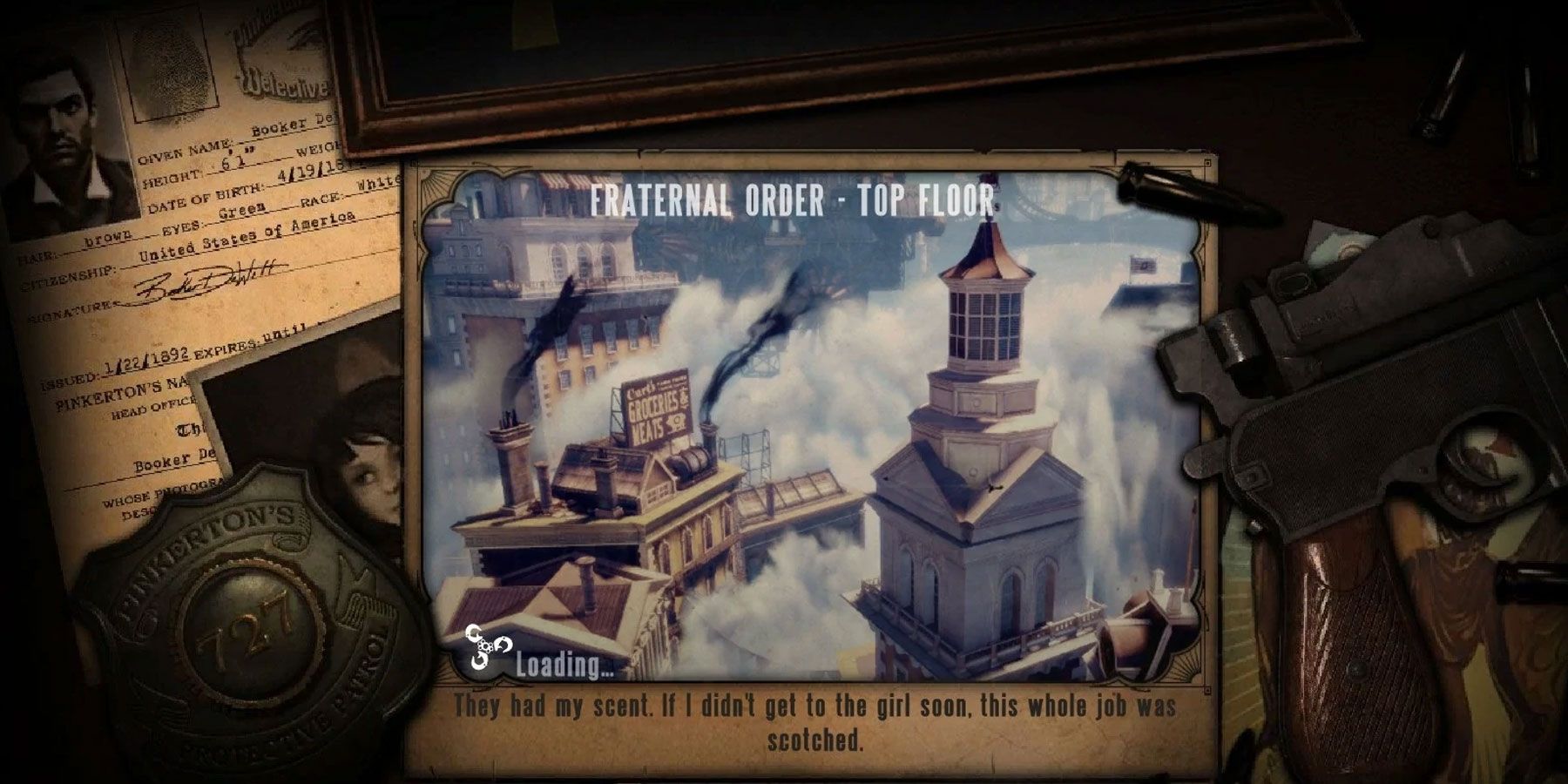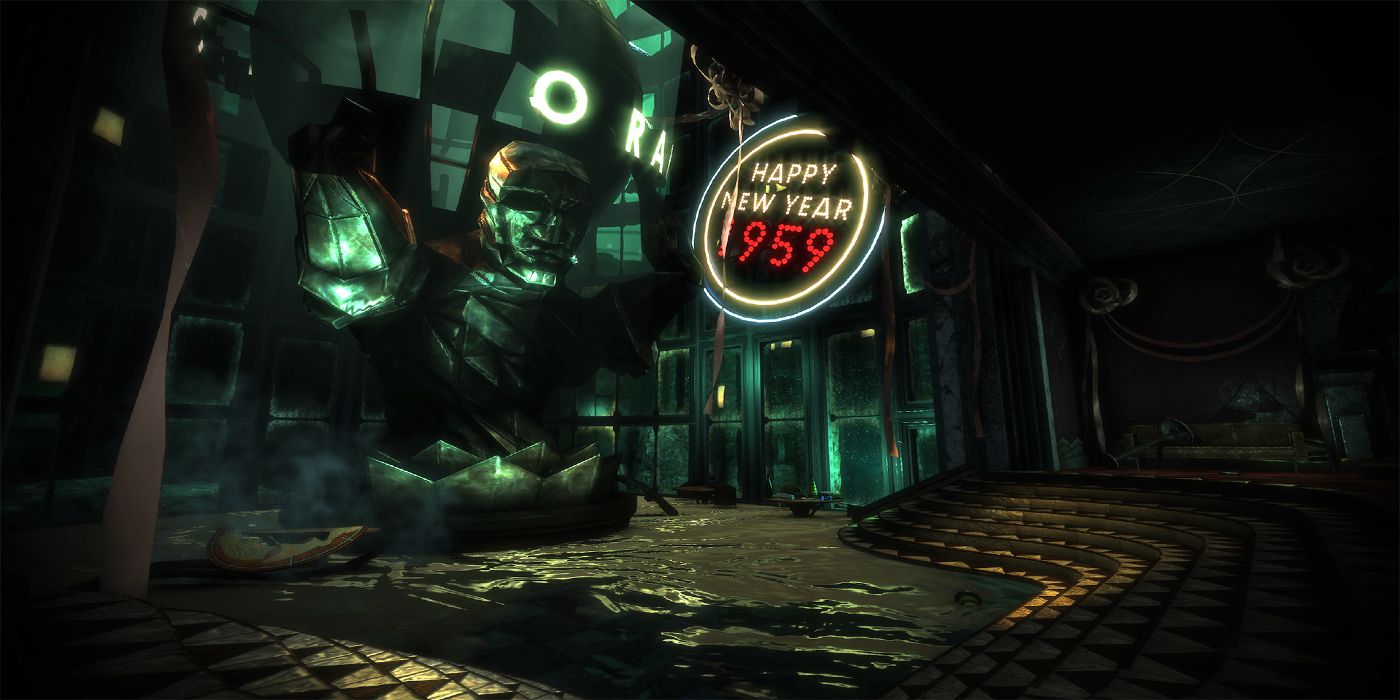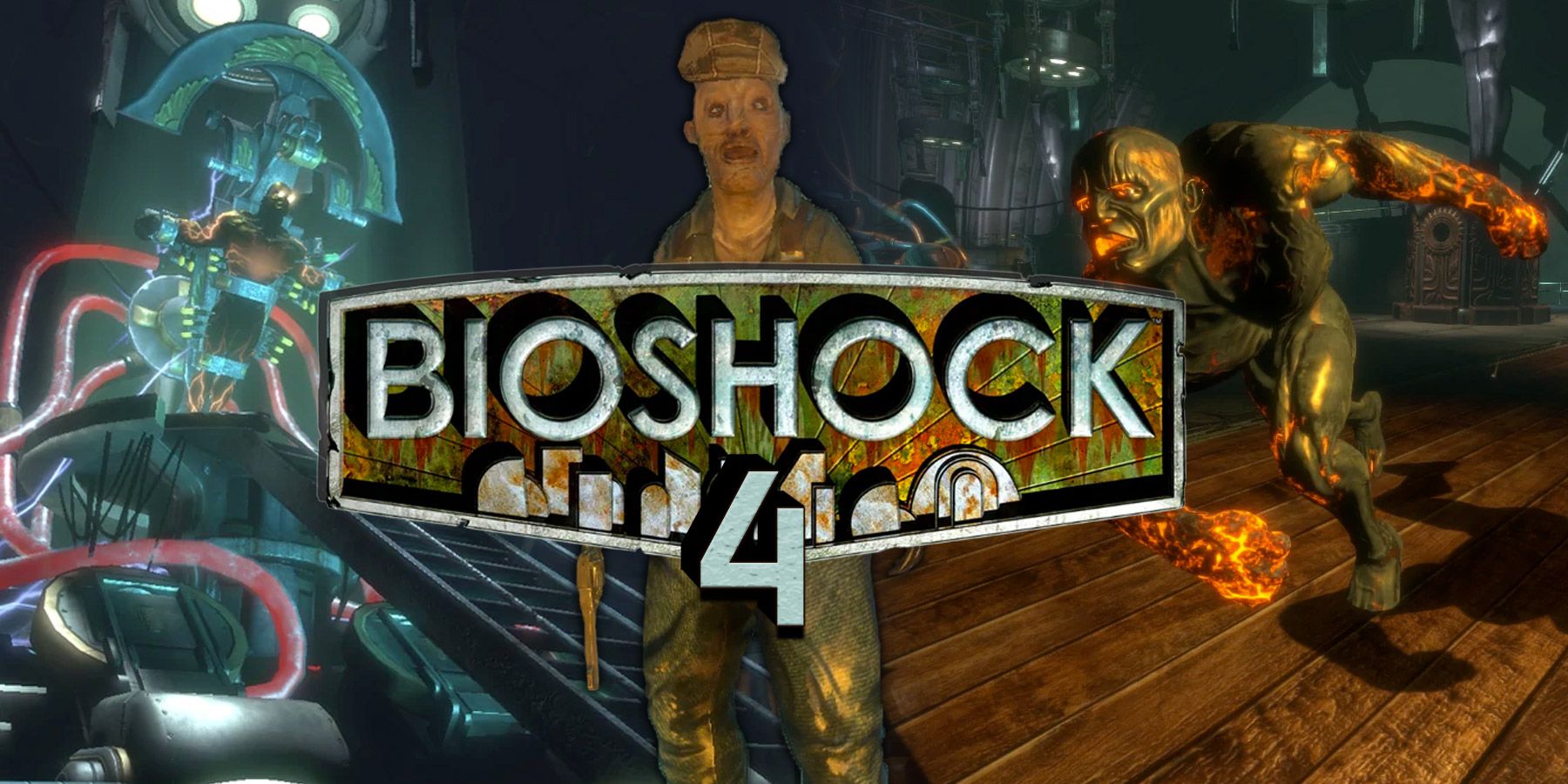Great care was taken in the original BioShock to put philosophy front and center. The anticipated BioShock 4 will likely have a similar philosophical focus, as the series’ spiritual predecessor, System Shock 2, was a deeply thoughtful piece of science fiction examining the consequences of artificial intelligence while boasting a healthy dose of futuristic horror. Even BioShock Infinite’s city-wide ziplines and slightly confused storytelling explored the consequences of philosophical theories, and this shined through its time travel and dimension hopping.
The schools of thought Infinite explored were different to the first game, but it still kept that same fascination with philosophy. BioShock 4 is faced with a unique problem in terms of what it should center thematically. The first BioShock presented a masterful critique of certain political philosophies (both narratively and mechanically), whereas Infinite meddled with metaphysics to tell its story.
To distinguish itself from these beloved titles, the fourth game needs to center more personal, and less theoretical, philosophies as part of its subject matter. BioShock 4’s RPG mechanics could even play into how this is explored in game. Themes of personal choice and player agency would be very interesting to see play out in the fourth game.
BioShock's Philosophical Journey
After System Shock 2 refined what a deep dive into the thorny philosophical implications of artificial intelligence could look like, its developer Looking Glass Games closed. Several of its members, including designer Ken Levine, went on to start Irrational Games, which designed some games with similar themes. Under the name 2K Boston, the company created BioShock, which explored the importance of meaning, agency, and intention. It did this not just in terms of theory, but also what those concepts mean for gaming itself.
BioShock contains a bleak depiction of what might happen under an unfettered system of objectivism. This philosophy champions an antiquated ideal of rugged individualism and meritocracy to create a "perfect" society, one without fail-safes for people deemed "weak." The caricatures that haunt a broken Rapture serve as striking indictments of this philosophy and what it might devolve into in practice. The clever part of BioShock is how the lack of choice these systems might create is mirrored by the player's agency as they are toyed with by antagonist Frank Fontaine.
After BioShock 2 explored similar themes to its predecessor, Infinite took a turn away from critiques of naive individualist political philosophies, and instead toyed with time travel. Its narrative is too tangled to succinctly summarize, but the temporal mechanics imply that protagonist Booker Dewitt has much less personal agency than implied. Thus, there is a really strong throughline of larger, structural philosophies undermining the agency of the individual player throughout this series.
A Smaller-Scale BioShock Philosophy
There are several different philosophical schools of thought that BioShock 4 could (and should) draw from. While there are plenty of reasons why BioShock4 might leave Rapture behind, there is still more that could be done with the setting. If BioShock 4 were to revisit Rapture, it should let players embody characters just after (or during) its decline with a touch of absurdist philosophy.
A game like this could be reminiscent of Samuel Beckett's Waiting for Godot, but instead housing its existentially doomed characters inside BioShock's iconic sunken city. If BioShock 4 has a totally new location, it might want to tackle a new set of ideas too.
BioShock 4's Philosophical Setting
Rumored BioShock 4 RPG mechanics would imply it'll be a more expansive game than an absurdist journey through a broken Rapture. Utilitarianism stands as one of the most widely known philosophies out there. It's fairly simple: maximizing good or reducing harm for as many people as possible is a net positive. As with most philosophical theories, this can have difficult consequences when taken to logical extremes - making it a perfect potential setting for BioShock 4.
Games like The Forgotten City experiment with a similar idea, using a society run under one "golden rule" that aims to reduce harm. If the society of BioShock 4 is run under a strict utilitarian framework, it could offer some really interesting insights into the idea of good and bad endings in games - as well as continue the series' commentary on free will.
BioShock 4 is currently in development.

